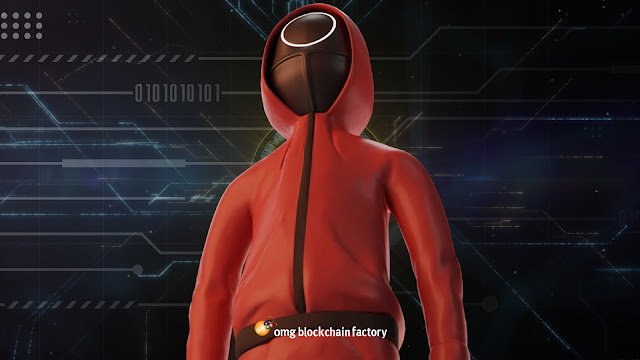Squid Game Token, a digital token based on the popular South Korean Netflix series, has practically lost all of its value during the last several days. As a result of the publicity surrounding Squid, the price of the cryptocurrency has risen sharply in the last several days. Consumers have expressed dissatisfaction with the corporation for not allowing them to resell the tokens they had received as presents. The developers walked away with an estimated $3.38 million in cash. The squid tokens were intended to be used in a new online game based on the popular Korean television series 'The Squid Game'. There is no longer a website for the company, and none of the social media profiles that marketed the tokens are still active.
Numerous tell-tale signs indicating it was almost probably a fraud had been alerted by cryptocurrency specialists prior to the launch of the scheme. Pump and dump schemes are frequent in the cryptocurrency business, with investors often falling prey to them after putting their money at risk.

Comments
Post a Comment